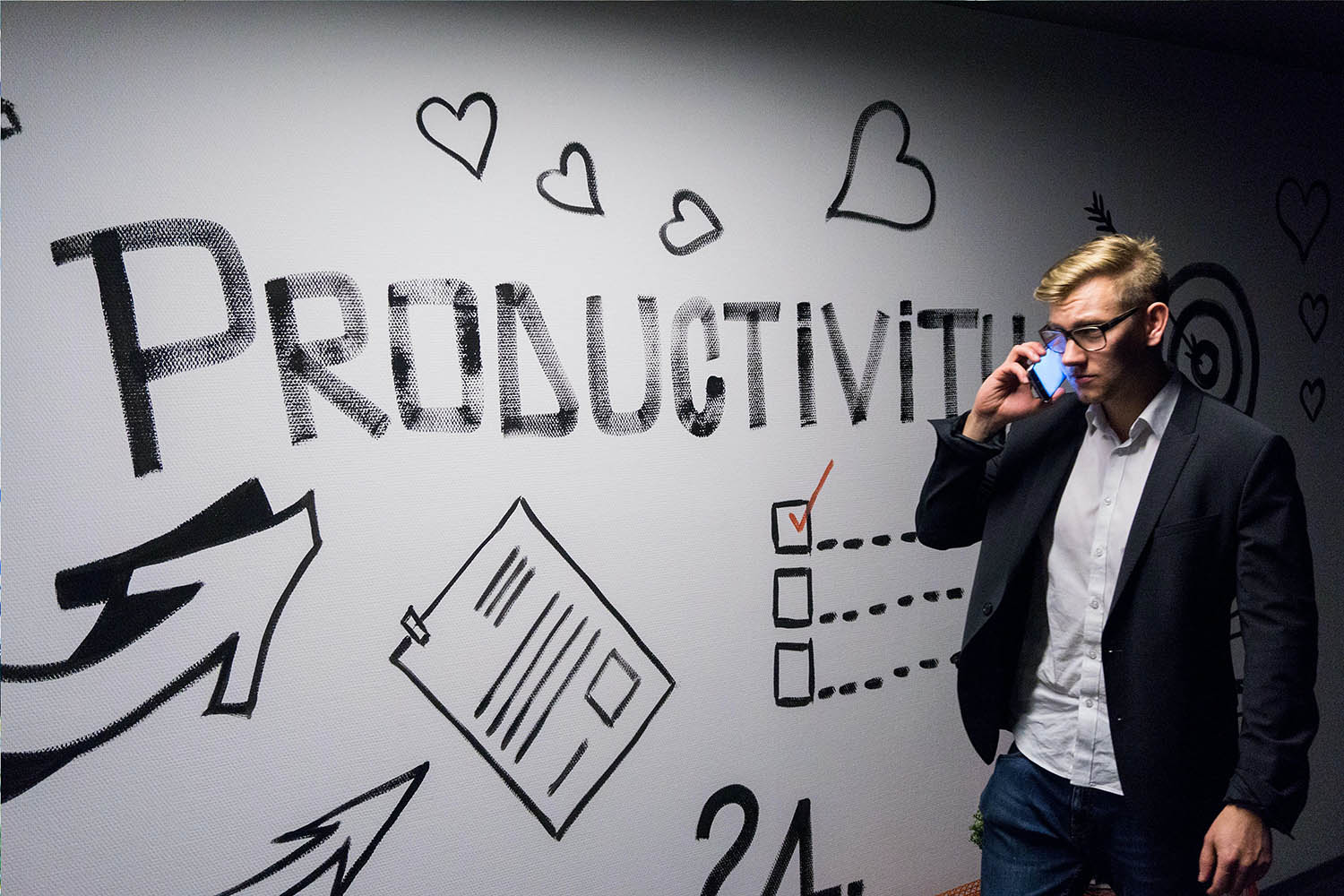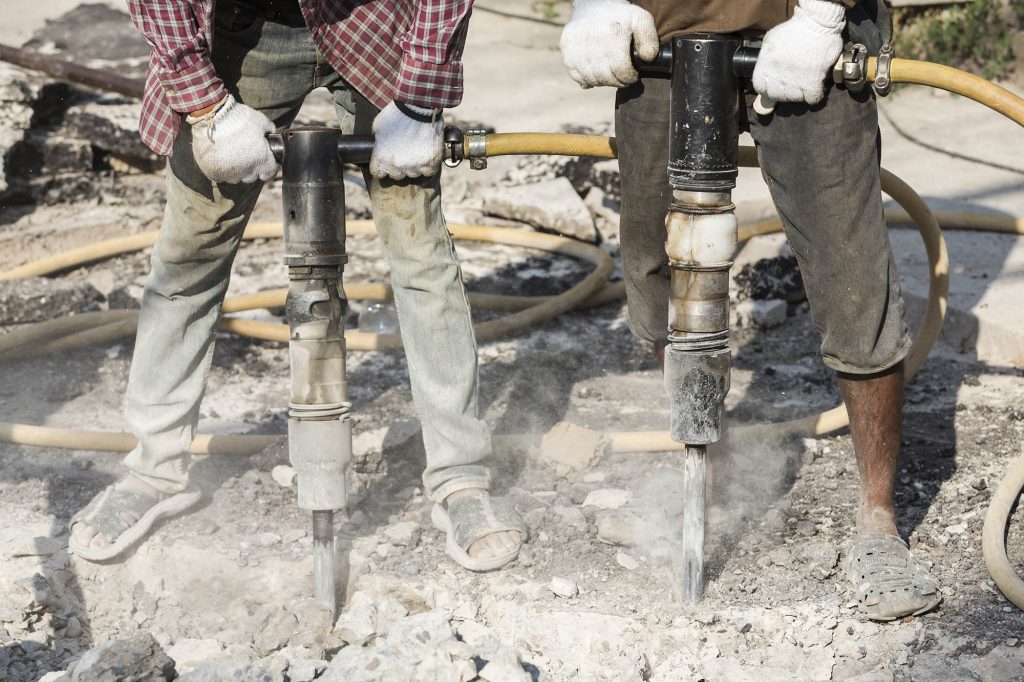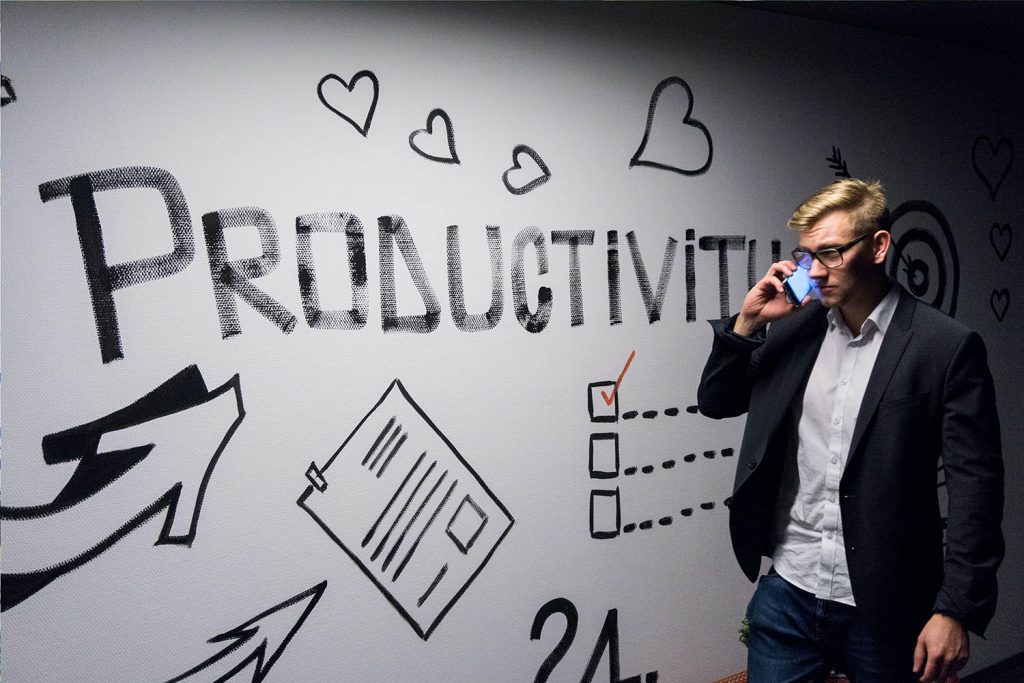Stress, Anxiety, and Depression from the Workplace
If you have suffered damage to your mental health in the form of stress, anxiety, and depression, and feel employer negligence is to blame, contact us today. We can help evaluate your compensation claim for free, and if we can pass you to our panel solicitor, we offer a no win, no fee service. Call us on 08082391859^ to speak to an empathetic expert.
Stress, Anxiety & Depression in the UK
Stress, anxiety, and depression tend to make people experiencing them feel isolated or alone — but these illnesses are not unique to a few workers, some 600,000 people suffered from work-related stress depression or anxiety in 2018/19. There were 12.8 million working days lost in the same period to these mental illnesses — a massive 54% of all days off work. To make matters worse, the rate of reporting them shows a generally upwards trend in recent years.
It could be seen that social education and understanding into the causes and symptoms of anxiety, depression and undue stress are actually helping people realise and seek help for these mental illnesses. Social media could even be credited for the sharing of helpful content exploring mental illnesses. These factors could be why these statistics are showing an upward climb. But in a more menacing view, considering these are exclusively workplace illness statistics, we could be seeing greater demand on the mental health of workers. The vast majority of those surveyed have cited workload and lack of support as main causes of mental anguish. It, of course, could be a blend of the two.
Allowing ourselves time to mend from an injury has always been a given, but in recent times people are rightly coming around to the idea of giving their mental state time to recover similarly. Unfortunately, some are still being pushed to breaking point before being allowed time to do so. Stats show the average amount of time off per case to be 21 days, which is considerably more than most fractures.
At this point, conditions can worsen to the point people experience these damaging mental illnesses can struggle with many other facets of life; socially, romantically and physically too. That’s not to say tight-deadlines on a project are going to result in a life-long struggle with meaningful relationships. However, substantial and sustained triggers from the workplace can have a detrimental effect on the quality of life of those experiencing them.
A lot of employers and managers still don’t recognise the warning signs for those who are stressed, depressed or anxious, and few still don’t really acknowledge their damaging impact on the mental health and performance of their staff. Hopefully, continued discussions and revelations around these conditions will educate companies into the serious nature of workplace stress, anxiety, and depression. Such strides in the development of the Wellness Agenda and its application in workspaces show a positive sign of industries working to improve the mental health of workers.
Can I claim compensation for work-related stress, anxiety, or depression?
These types of cases are admittedly quite difficult to settle for those who are stressed, anxious or depressed because of work. Whilst a personal injury usually has a clear cause and effect nature about it, mental illness is harder to piece together the factors causing it. Many opposition insurers might reference out-of-work causes for the conditions; others might not recognise the physical impact on those experiencing them at all.
It also goes to say that you may need to show a continued lack of support or dismissal of concerns relating to the worsening of these conditions by your employer. Whilst these mental illnesses can certainly be made worse by internalising, being ignored or refuted by those in a position to accommodate them is especially damaging.

It may also help to build a case if you can document a clear organisational culture that is damaging the mental state of you and fellow employees. Continued factors, like unrealistic deadlines, performance levels and work hours aren’t just bad management from employers, they take their toll on those having to meet the demands.
If you can show a clear picture of employer negligence causing you to be stresses, depressed or anxious, you might have cause to claim. Whilst they’re not the easiest to prove, if we feel there is real negligence from your employer and damage to your mental health, we will work our hardest to hold the workplace accountable. Speak to our advisors today on 08082391859^ for a free claim assessment if you’re at all unsure.
What is stress, depression and anxiety, what does it do to you?
Work-related stress, depression, or anxiety is defined as a harmful reaction people have towards undue pressures and demands placed on them from their workplace. One curious nature of the statistics surrounding these mental illnesses, no matter how prevalent they are, seem to be the way they are bundled together. It may go to show that people reporting the conditions aren’t acutely aware of the distinctions, or that the ability to document them is limited by the scope of the reports. But they are wholly different things.
As a society, our understanding of these afflictions is always improving and widening. Our ability to inhibit them has been in practice for some years, with anti-depressants being a common prescription. But our understanding of causes is continuing to get better, as is our dialogue surrounding them. It isn’t within the scope of this informational about claiming compensation because of work to cover the sciences of these mental illnesses and their effects on the human mind. So, if you would like helpful information, we recommend you visit a credible website — like this one on what stress is, this one on depression and this article on anxiety. Most will also have helpful information on ways to cope with the problems, which we would encourage you seek help for if you need to.

What are the main, workplace causes of stress, anxiety, or depression?
Whilst the statistics aren’t as up to date as they ought to be in this focus area, the averages show workload to be the most commonly cited cause of mental ill-health. These include tight deadlines and having too much responsibility. After that, lack of support was the second highest. Overall:
- Workload – 44%
- Lack of support – 14%
- Violence, threats or bullying – 13%
- Changes at work – 8%
- The remainder, listed as other, collectively includes role uncertainty and lack of control.
Stress, anxiety and depression cases documented by THOR identified the precipitating events at work causing these mental illnesses to be:
- Factors intrinsic to the job – 42%
- Interpersonal relations – 26%
- Changes at work – 11%
- Personal development – 6%
- Traumatic events – 4%
What industries have workers that are most likely to experience being depressed, anxious or stressed?
In terms of an outlook by industry types, the three worse offenders for mental ill-health, by being statistically significantly higher than average, were:
In all these industries, the level of responsibility and pressure is considerably high as they all have a direct result on the lives and livelihood of people in the scope of their employment.
In terms of actual occupation, the categories with high rates per worker were professionals, associate professionals and technical, and those in sales and customer service, such a retail. The “professional” category, which usually requires a degree or similar qualification to hold, came out particularly poorly, with 2,150 cases per 100,000, and lines up with the industries mentioned above.

Looking at the age and gender of those effected, females come out significantly poorly across all age ranges, especially so from ages 24-44. Whilst it wouldn’t be pertinent to try to decipher why that is, it also bears pointing out that a lot of situations involving males tend to go undocumented, mostly due to male culture. So a number of cases of anxiety, depression, and stress in males from work might be more than they are willing to be open about.
What can be done to reduce or prevent work-related illness in the form of anxiety, depression or stress?
Whilst this might not be the place to get a proper methodology for mitigating factors causing workers to be stressed, anxious or depressed, there is a few notes we can gleam from the statistics. Some main poor practices linked to employer negligence come in the form of profits, or performance, before people.
Workers will often need time and space — a lack of that, especially when it comes to workload, will be detrimental to their mental health.
Bosses and managers are often one of the most complained about parts of someone’s work environment. There so many cases referencing a lack of support and interpersonal relationships as a cause for these mental illnesses. It’s clear that open, approachable and understanding management isn’t just good for company performance, but staff mental wellbeing too.
If you feel like your employer is actively promoting practices that have caused your mental health damage, speak to our team of solicitors** to see if there is a case to bring a claim for compensation.
What advantages do I have if I claim work-related depression, stress or anxiety compensation with Workplace Injury Claims?
- We have a team of technical qualifiers who can assess your claim for free. If they feel you have a case, we bring your claim to one of our panel solicitors — that way you don’t run up any legal fees by just asking questions.
- Our telephony team is open 24hrs a day, but you can leave them a message with our contact form, and they’ll get back to you within a few working days.
- Our panel of workplace illness solicitors can work on a no win, no fee* basis, meaning again, you’re not drumming up expensive legal fees by claiming for your ill health.
- The Workplace Injury Claims team covers the whole of the UK, and you’ll be assigned to a panel solicitor depending on if you’re in England and Wales, or Scotland.
- We have a UK call centre, based in Manchester, and come from all walks of life.
- We have helped thousands of sick employees claim compensation.
- Not only that, but we fight for the maximum compensation for your occupational illness, because ultimately your job is to make the company successful, and they should at least ensure your health and well-being in exchange.
- When we calculate your claim amount, we factor in loss of earnings, general expenses and any ongoing costs incurred by your condition, so that you get the highest level of compensation due to you.
- We’re friendly, empathetic and here to help you however we can.

Get in touch with our solicitors** today to find if and how much compensation you could claim for a work-related illness.
If you’re suffering from an illness, disorder, or disease because of your workplace, and your employer is at fault, get in touch today. Call our helpline on 08082391859^ to start your claim — we’re here to help.












